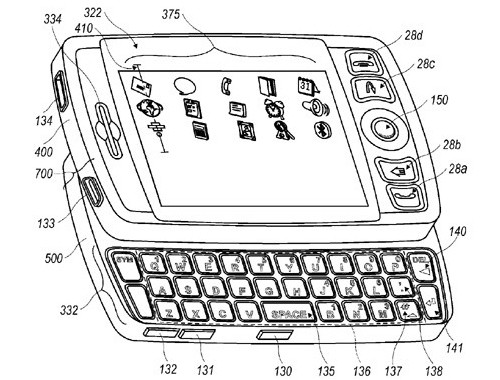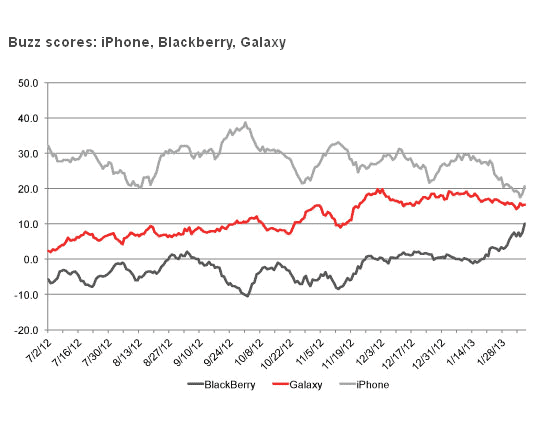What are Research in Motion’s Patents Worth?

2011: The year of the patent wars. This year, virtually every large technology company in the world has felt the effects of patent mania, from Apple blocking the release of Samsung’s Galaxy Tablet in the EU to Google’s purchase of Motorola Mobility, to the sale of Nortel’s wireless patents to a group that included Apple, Microsoft, Sony Corp and Ericsson.
Waterloo’s Research in Motion (TSX:RIM) occupies a particularly hot corner of the patent debate. As little as eighteen months ago, trying to place a value on RIM’s patents would have been a strictly academic exercise. But with the company reeling from increased competition in the handset space, a botched launch of the Playbook tablet, and a stock trading at five year lows, the debate has gained relevance, as RIM may be in a very weak position to fend off the actions of activist shareholders such as Carl Icahn, who is recently rumored to be buying the stock.
Research in Motion currently about holds about 2,000 patents with the U.S. Patent Office. While there is no doubt the value of these patents would be an important consideration in measuring the company’s potential selling price to a suitor such as Microsoft or Motorola, assessments of the value of these patents varies wildly.
Canaccord Genuity’s Mike Walkley, for one, thinks the number is less than the $4.5 billion Nortel’s patents recently fetched. “RIM did not build wireless networks and was not an industry pioneer” says Walkley. “As such, we do not believe RIM’s portfolio is more valuable than Nortel’s,” Walkley also believes that the super-premiums being paid are unsustainable and IP purchases will flatten out, price wise now that Google has acquired Motorola Mobility.
But Kris Thompson of National Bank Financial thinks that Google’s acquisition of Motorola Mobility and the surprising $4.5 billion for number for the acquisitions of Nortel’s patents works the other way, and actually sets a floor for the price of RIM’s patents. He now believes they could be worth as much as $10 billion. Thompson thinks the breakup value of RIM could be significantly higher than its current market cap, which recently dipped under the $20 billion mark. Thompson says the value of the company’s current business even if it becomes a “niche enterprise business and perhaps a fringe consumer segment,” would generate annual cash flow of about $1.5-billion. He therefore values the business at $15-billion. Thompson gets to $18 billion by adding $3-billion for cash and investments, leaving the value of the patents to push the price well over its current market cap.
___
This story is brought to you by Cantech Letter sponsor BIOX (TSX:BX). The largest producer of biodiesel in Canada, BIOX’s proprietary production process has the capability to use a variety of feedstock, including recycled vegetable oils, agricultural seed oils, yellow greases and tallow. For more information CLICK HERE.
________________________________________________________________________________________________________________________
Coming in at the low end of the scale is Peter Misek of Jeffries and Company who has just completed a in-depth assessment of the tangle that is mobile handset IP. Misek says Research in Motion’s patents are worth just $2.5 billion. RIM “has very few important patents covering LTE technologies.” he says. Like most analysts, Misek believes LTE patents are particularly valuable. LTE is an acronym for Long Term Evolution, a 4G wireless broadband technology.
If you’re looking for strength in this area, however, don’t look at the company that has made RIM’s life miserable for nearly three years. Misek says Apple “could be stronger in wireless.” The real 4G leaders, says Misek, are LG, which holds 23% of key patents, and Qualcomm, which holds 21%. Misek estimates that RIM, by comparison holds just 1%.
Shares of Research in Motion on the TSX closed Friday down 2.8% to $21.36.
______________________________________________________________
______________________________________________________________
Nick Waddell
Founder of Cantech Letter
Cantech Letter founder and editor Nick Waddell has lived in five Canadian provinces and is proud of his country's often overlooked contributions to the world of science and technology. Waddell takes a regular shift on the Canadian media circuit, making appearances on CTV, CBC and BNN, and contributing to publications such as Canadian Business and Business Insider.


